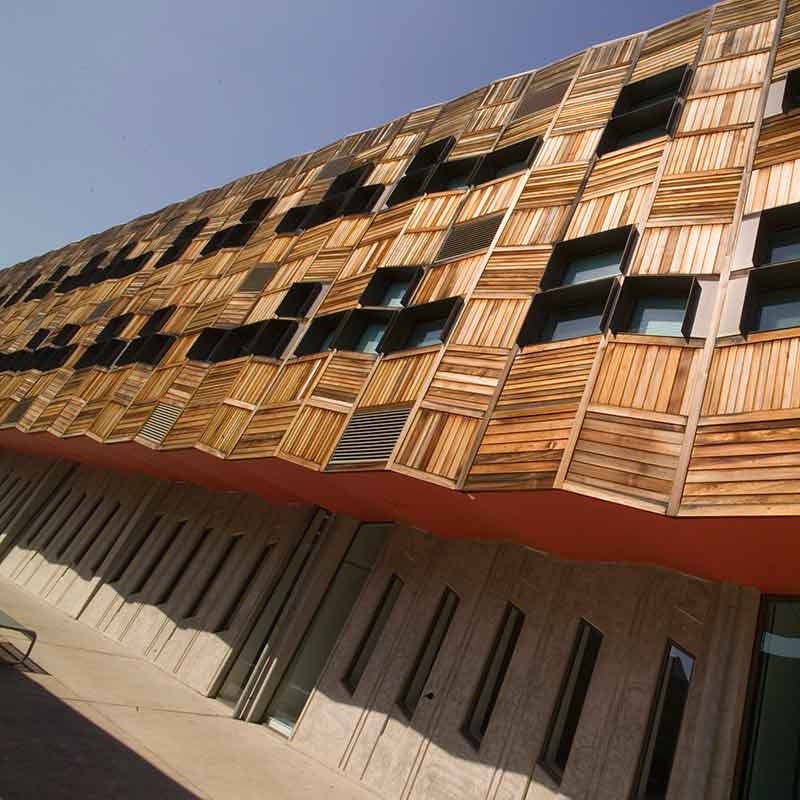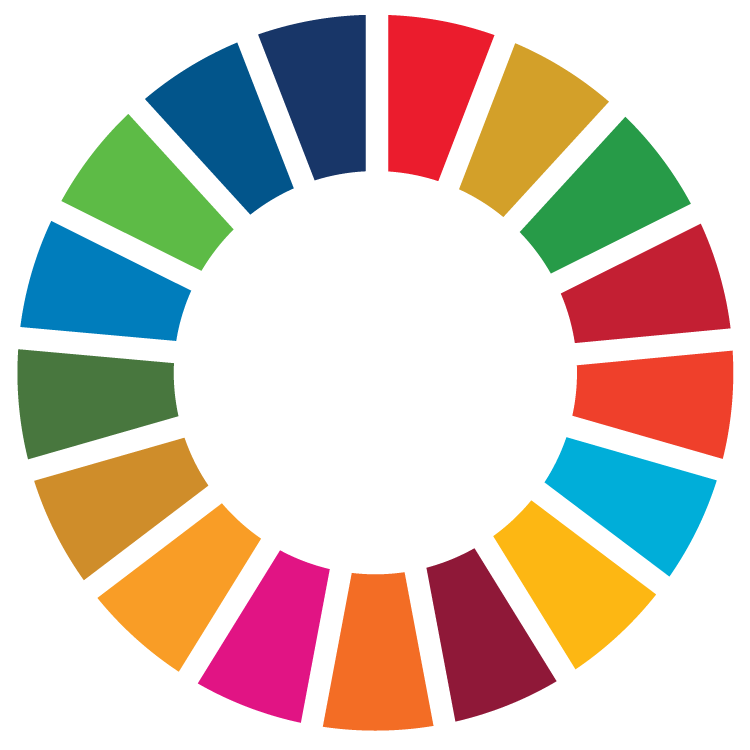RMIT has a strong governance structure in place to make sustainability an organisational priority and that decision making reflects the University's values. RMIT must act as a socially responsible organisation and ensure that our activities have a positive impact on place and people.
Sustainability Committee
RMIT's Sustainability Committee is the highest governing body with the responsibility to promote and coordinate sustainability initiatives across all areas of the University. Its goal is to ensure sustainability principles and practices are embedded within the University’s core teaching and learning, research, governance and operational activities.
The Sustainability Committee reports through the Chair (Deputy Vice-Chancellor Education) to the Vice Chancellor’s Executive on the University’s sustainability performance and makes recommendations about sustainability-related commitments, policies, planning and partnerships.
It is also responsible for oversight of the University's commitment to the UN Sustainable Development Goals. To contact the Committee email: sustainability.committee@rmit.edu.au
Partnerships
RMIT recognises that sustainability outcomes can only be realised with strong commitments, global partnerships and collaboration.
Committments
RMIT University aims to model institutional-wide excellence and take an influential role in helping shape a sustainable future.
SDGs
The RMIT-wide SDGs Project, initiated in June 2018, aims to improve University accountability in relation to its contributions to the SDGs.
Sustainability Policy
RMIT's Sustainability Policy expresses the University's commitment to advancing its sustainability ambitions as an organisation that models institution-wide excellence by embedding sustainability principles and practices throughout learning and teaching, research and operational activities
Corporate Social Responsibility Framework
The RMIT Corporate Social Responsibility (CSR) Framework provides a screening methodology to identify individuals, businesses or organisations that have the potential to create an ethical or reputation risk to the University. Ensuring that the University can implement appropriate risk mitigations and ensure that CSR obligations are met as a signatory to the UN Global Compact - which means operating in ways that, at a minimum, meet fundamental responsibilities in the areas of human rights, labour, environment and anti-corruption.
RMIT staff can view the Corporate Social Responsibility Framework on the staff site.
Responsible Investment Principles
The RMIT Responsible Investment Principles guide our investment managers, to ensure that our portfolio minimises activities that have a material impact on climate change, including involvement in fossil fuels, while screening for issues relating to public health and wellbeing. We will also monitor the portfolio in relation to globally accepted norms on corporate sustainability behaviours to ensure we meet our commitments to the UN Global Compact
Sustainability & Equity Evaluation (SEE) Tool
RMIT has created the Sustainability & Equity Evaluation (SEE) Tool in order to build sustainability capability across RMIT. The tool is utilised as part of a facilitated workshop in order for people to think holistically about the positive and negative impacts of their work.
Sustainable procurement
Guide by the RMIT Sustainable Procurement Plan (alignment with international standard ISO 20400:2017) and the CSR Framework. RMIT is committed to driving social and environmental outcomes through the entire procurement lifecycle.
This includes a comprehensive screening process for all prospective suppliers. All tenders have a weighting for sustainability, Indigenous and student engagement outcomes.
All suppliers must commit to our supplier code of conduct and we also drive sustainability outcomes through our contract management process with existing vendors.
For more information, visit our sustainable procurement page.
Sustainability Annual Report
RMIT produces a Sustainability Annual Report, in accordance with the Global Reporting Initiative (GRI), to be transparent about our sustainability journey.
RMIT's Sustainability plans
RMIT's sustainability approach is to embed sustainability outcomes into core University strategic documents, whilst having a suite of dedicated plans which focus on areas of impact. These plans include:
- Climate Change Adaption Plan (PDF 1.6 MB)
- Carbon Management Plan (PDF 7 MB)
- RMIT's Circular Economy Plan (PDF 4.2 MB)
- Sustainable Retail Framework (PDF 472 KB)
- Sustainability Story (PDF 3.5 MB)
- Sustainable Events Guide (PDF 1.2 MB)
- Sustainable Transport Plan (4.6 MB)
- Sustainable Procurement Plan (extract) (17.2 MB)





